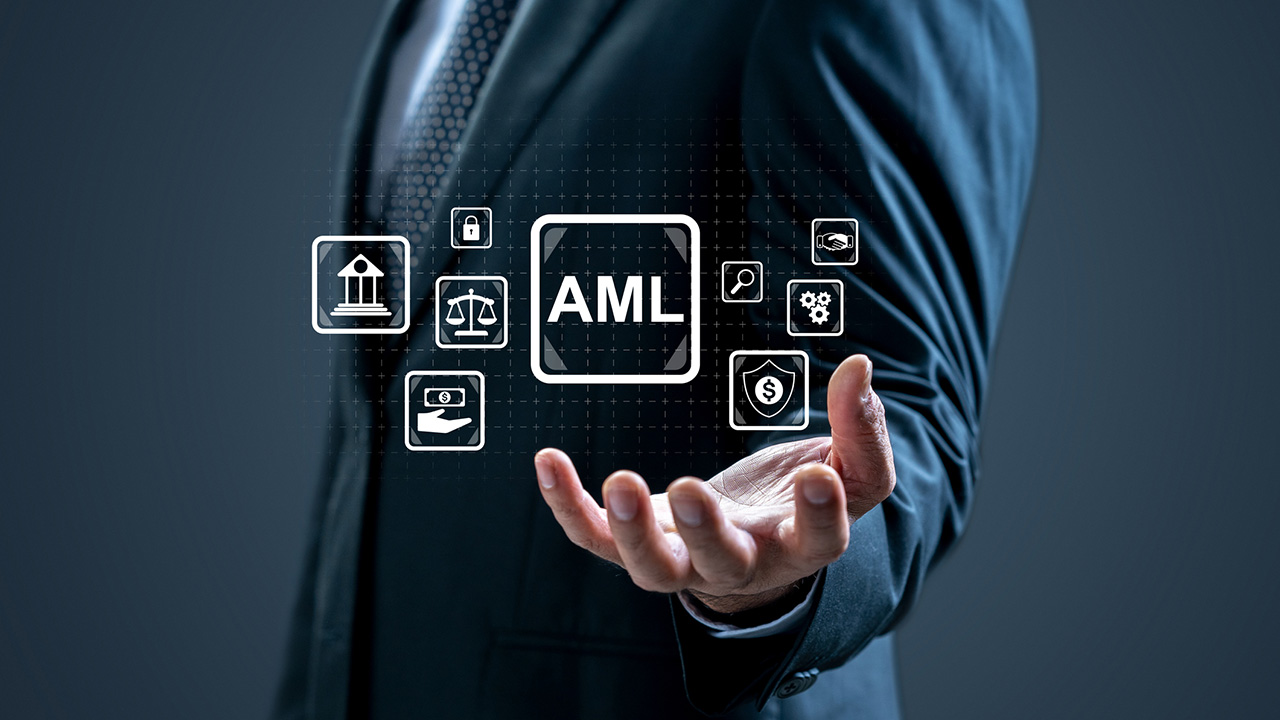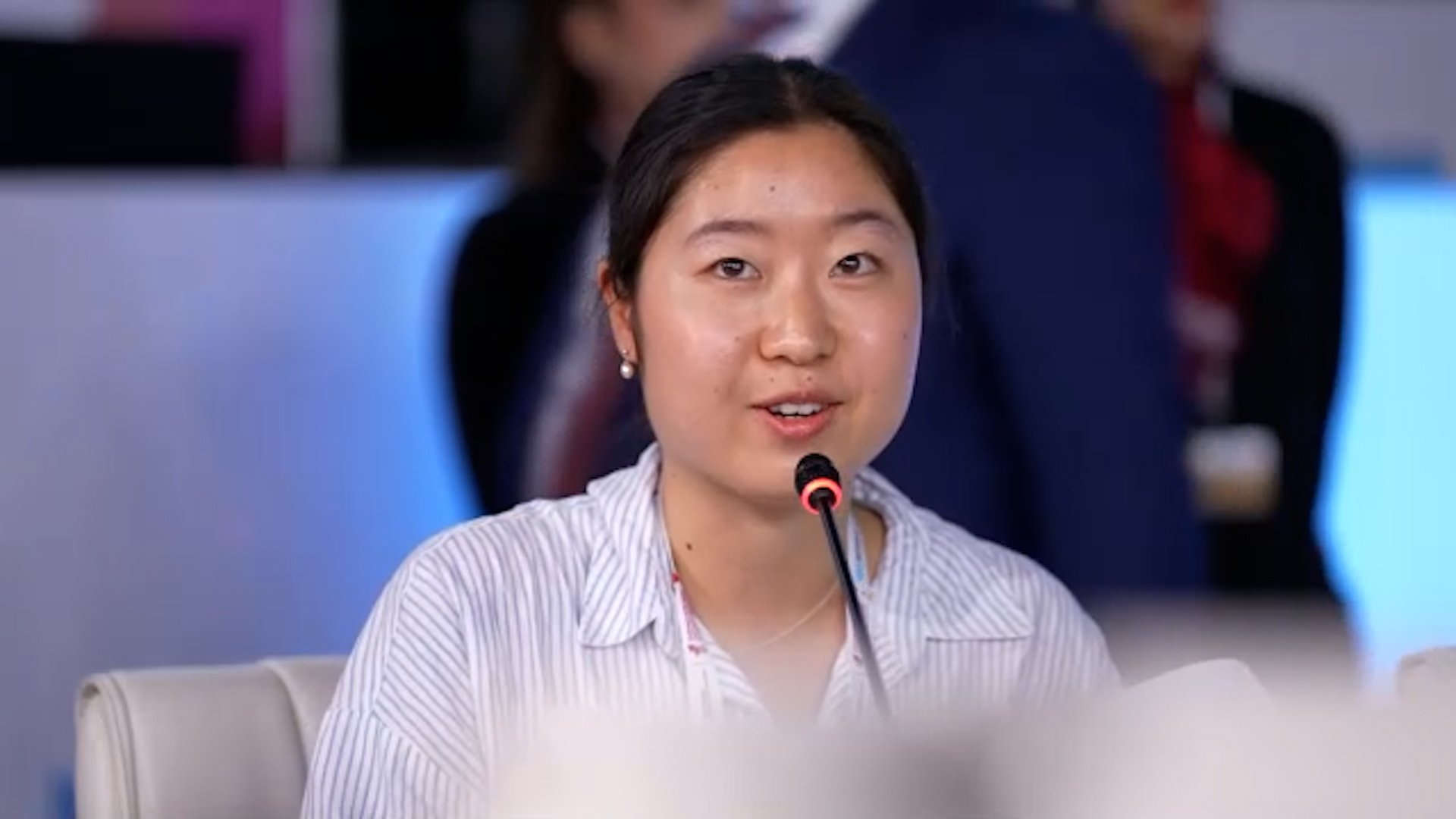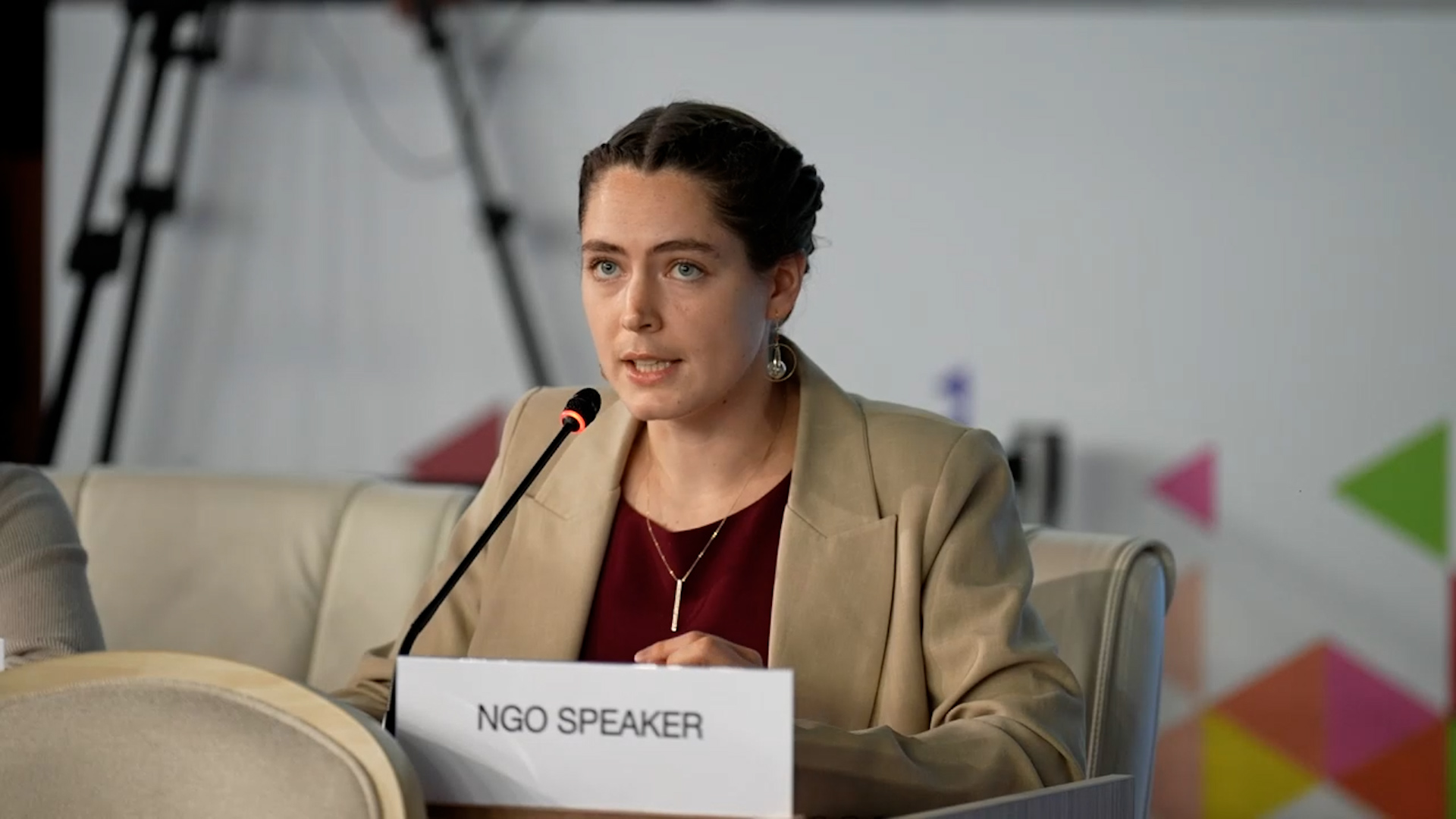The Whistleblower’s Dilemma: A Global Story
Imagine you are a financial analyst in Frankfurt, a compliance officer in Singapore, or a project manager in São Paulo. In your daily work, you uncover something deeply unsettling—evidence of accounting fraud that inflates a company’s stock price on the NYSE, a bribery scheme to win a contract that violates U.S. law, or a sophisticated money laundering operation moving illicit funds through American banks.
Your first thought is likely not about justice, but survival. “Who can I tell? Will I lose my job? Can I protect my family if my identity is revealed?” These are the universal fears of a whistleblower, amplified by the complexities of international borders.
You are not alone in this dilemma.
For decades, the ability to hold powerful entities accountable often stopped at the water’s edge. But that has changed. The United States, recognizing that financial fraud is a global issue that harms its own markets and investors, has enacted powerful laws that extend an invitation—and a shield—to whistleblowers anywhere in the world. This is not just about reporting wrongdoing; it’s about doing so without ever revealing your name to the public.
The Gold Standard: Anonymous Reporting Under the Dodd-Frank Act
For an international whistleblower whose primary concern is anonymity, the most powerful tool is the Dodd-Frank Act. This landmark 2010 law created two whistleblower programs with global jurisdiction, both of which explicitly permit anonymous submissions. The key to this protection is a simple but critical requirement: you must be represented by a U.S.-based attorney.
Your attorney becomes your voice, your shield, and your sole point of contact with U.S. authorities. They submit your evidence, handle all communications, and advocate on your behalf, allowing your identity to remain confidential.
The SEC Whistleblower Program: Policing Global Markets
The U.S. Securities and Exchange Commission (SEC) is the main regulator of the American stock markets. Its whistleblower program is your most direct path if the fraud you’ve witnessed involves a company that is publicly traded in the U.S. (even if it’s a foreign company).
- Who It’s For: International and U.S. employees, auditors, or insiders with knowledge of securities fraud, accounting violations, insider trading, or violations of the Foreign Corrupt Practices Act (FCPA) by a U.S.-listed company.
- The Law on Anonymity: The SEC’s own rules, specifically 17 C.F.R. § 240.21F-9(c), state that a whistleblower can submit a tip anonymously but “must be represented by counsel.” This is the legal foundation for your protection.
- The Reward: If your information leads to a successful enforcement action with over $1 million in sanctions, you are eligible for an award of 10% to 30% of the amount collected.
The CFTC Whistleblower Program: Combating Commodities Fraud
The Commodity Futures Trading Commission (CFTC) regulates the U.S. derivatives markets, including futures, swaps, and options. Its program mirrors the SEC’s in structure and protection.
- Who It’s For: Individuals anywhere in the world who have information on market manipulation, false reporting, or fraud in the commodities markets that have a U.S. connection.
- The Law on Anonymity: Similar to the SEC, the CFTC’s rules (17 C.F.R. § 165.4(b)) allow for anonymous submissions through an attorney.
- The Reward: Whistleblowers are eligible for 10% to 30% of sanctions collected in actions exceeding $1 million.
A New Frontier: Anonymity in the Fight Against Money Laundering
If the misconduct you’ve seen involves the movement of illicit money through the financial system, another powerful, anonymous route is available. The Anti-Money Laundering (AML) Act created a whistleblower program administered by the Financial Crimes Enforcement Network (FinCEN).
- Who It’s For: International bank employees or anyone with knowledge of violations of the Bank Secrecy Act (BSA), sanctions evasion, or money laundering schemes that touch the U.S. financial system.
- The Law on Anonymity: The governing statute, 31 U.S.C. § 5323, explicitly protects whistleblowers and allows for anonymous reporting. To ensure your identity is shielded and communication is seamless, representation by a U.S. attorney is the most effective approach.
- The Reward: The program offers awards of up to 30% of collected penalties in cases exceeding $1 million.
Programs with Nuanced Anonymity: A Note of Caution
Some U.S. laws offer temporary or partial anonymity, which may not be sufficient for an international whistleblower seeking absolute confidentiality.
- The U.S. False Claims Act (FCA): This law is for reporting fraud against U.S. government programs (e.g., a foreign defense contractor overcharging the Pentagon). A lawsuit is filed “under seal,” meaning it is kept secret from the defendant while the government investigates. This provides initial confidentiality, but if the case proceeds, the whistleblower’s (relator’s) identity is almost always revealed.
- The IRS Whistleblower Program: While the IRS is required to protect a whistleblower’s identity to the extent possible, the official form to claim an award (Form 211) requires you to sign under penalty of perjury, and thus, does not permit a truly anonymous filing.
For an international whistleblower, the risks associated with eventual identification in these programs often outweigh the benefits when compared to the ironclad anonymity offered by the SEC, CFTC, and FinCEN programs.
Your Bridge to Justice: The Role of a U.S. Whistleblower Attorney
For anyone outside the U.S., a specialized whistleblower attorney is not just a legal requirement for anonymity—they are your essential guide. They will:
- Vet Your Case: Assess whether your information meets the specific criteria of a U.S. program.
- Protect Your Identity: Handle all filings and communications to ensure your anonymity is legally preserved.
- Frame Your Submission: Present your evidence in a clear, compelling manner that gets the attention of U.S. regulators.
- Navigate the Process: Guide you through the years-long journey of an investigation and, if successful, the complex process of claiming an award confidentially.
The journey of a whistleblower is never easy, but thanks to these global-reaching U.S. laws, your location no longer needs to be a barrier. With the right legal protection, your voice can be the catalyst that holds corporations accountable, protects innocent investors, and secures the integrity of the financial system—all from the safety of anonymity.





